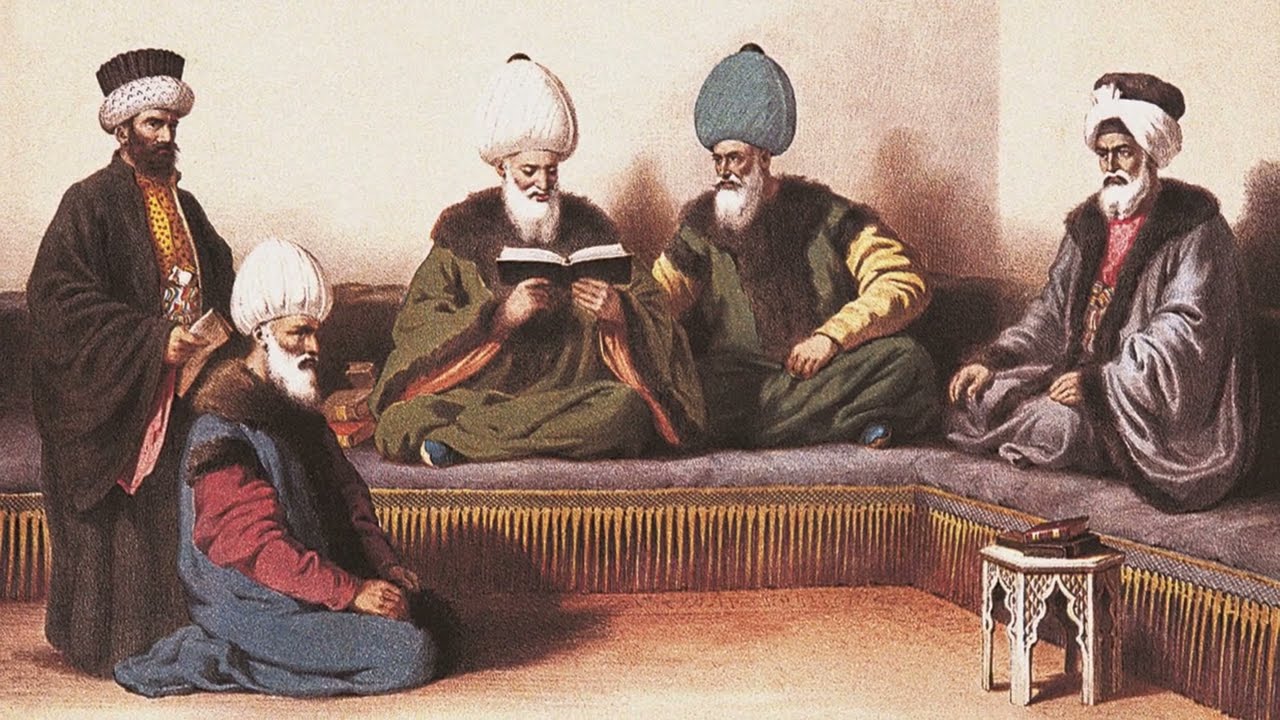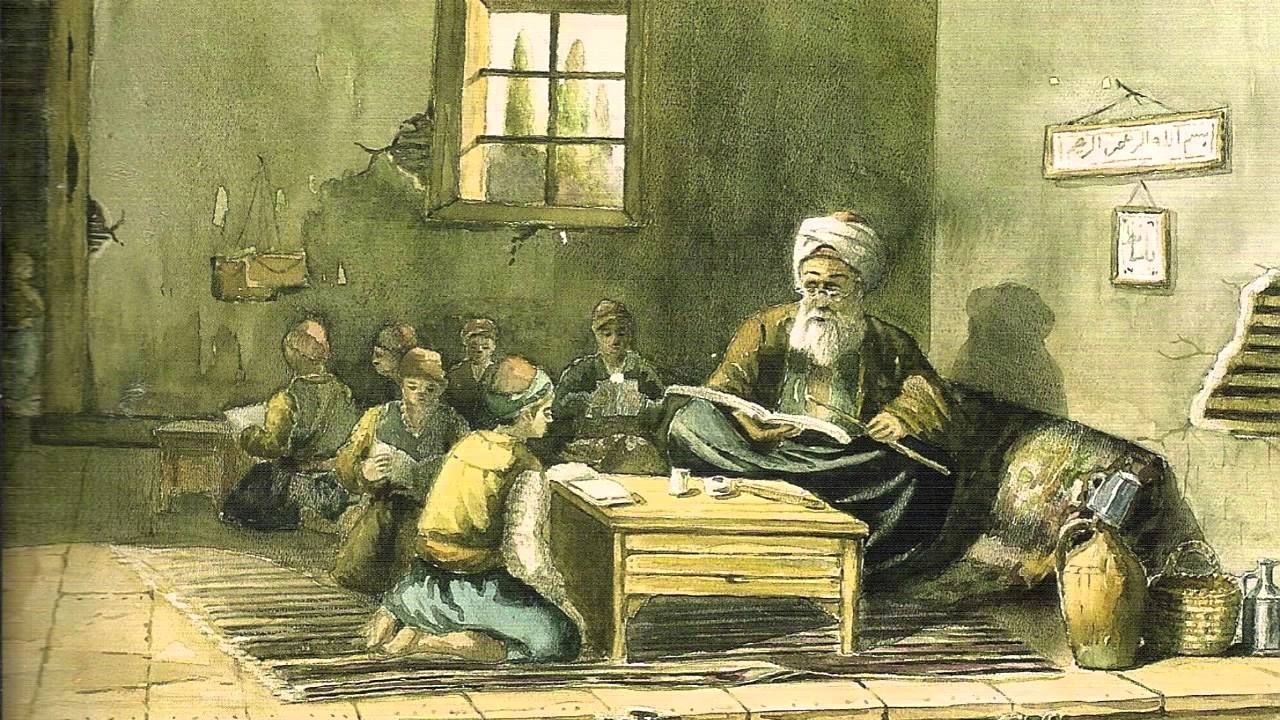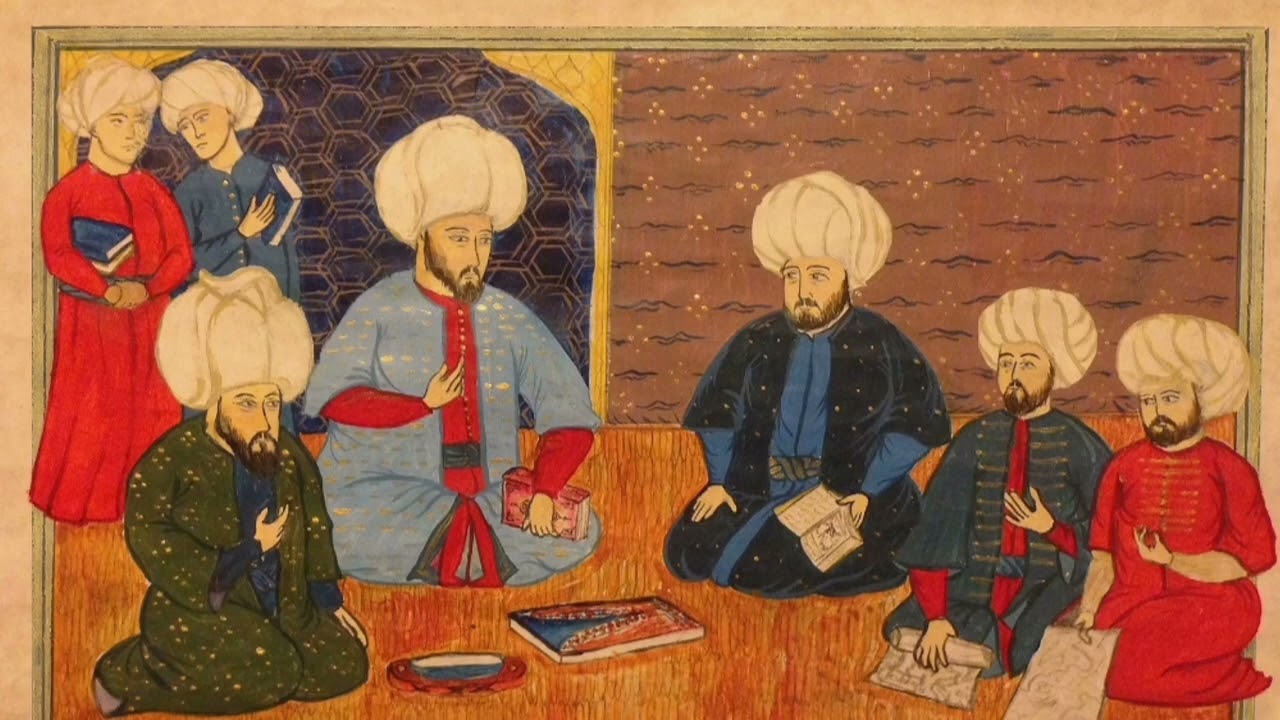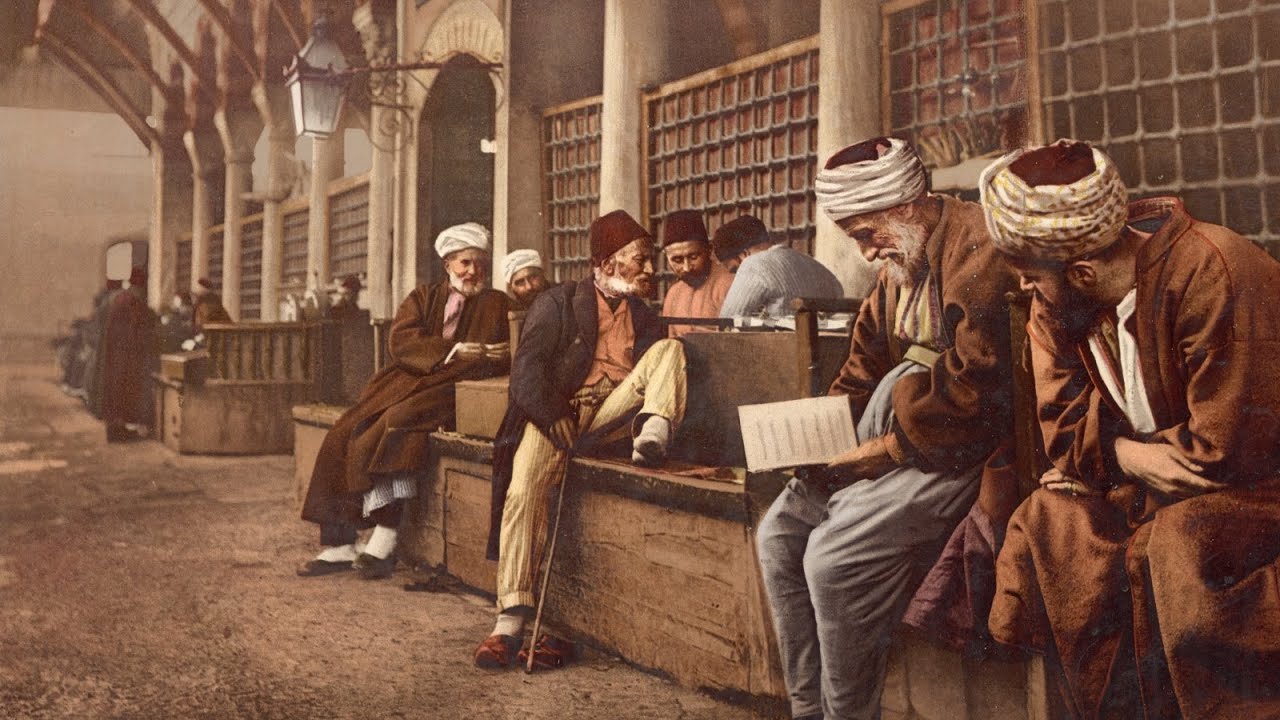Even though the law was the basis of the qadi system, which emerged in the first years of Islam and later applied in all Islamic states, this duty also had administrative powers from time to time, especially during the Ottoman period. Let’s take a closer look at the history of kadi and see in all details what are the duties of kadis in the Ottoman Empire.
We know that during the Ottoman Empire, there was a legal system organized according to religious rules. This type of legal system is found in many states governed by religious rules. The emergence of this system in Islamic states, of course, in the first years of Islam. It started with Mohammed. The authorized person in the Sharia law system is the kadi. and this system is called the qadi system.
When we look at it from the first day, the duties of kadis in Islamic states are generally about applying the legal rules. In other words, qadis are, in a way, today’s judges. However, the Ottoman Empire expanded the qadi system and gave these people administrative duties at the same time. Bride What are the duties of kadis in the Ottoman Empire? Let’s take a closer look and see the details about the history of the kadi.
What is the qadi system, how did it come about?
the qadi system; To resolve legal disputes, to punish in Islamic states, It is a system where tasks such as executing the provisions are given to an authorized person named kadi. In other words, kadis are today’s judges who carry out legal proceedings. Even though they have legal powers, they have also had financial, administrative, religious and educational duties in different periods of history.
The qadi system, which is a part of Islamic law, is the prophet of Islam. Hz. It started with the state that Muhammad founded in Medina. and he is considered the first kadi. As the state expanded, it appointed the Companions as kadi and gave them legal and administrative powers. The qadi system continued in this way during the period of the four caliphs.
Muaviye, who was the first caliph of the Umayyad State, did not interfere in judicial affairs and transferred all legal affairs to kadis. Harun Rashid, the caliph of the Abbasids, He appointed Abu Yusuf as kadılkudat. The qadi system, which was applied in a similar way in the Andalusians and Fatimids, was also applied in the Seljuks, Ilkhanids, Karakoyunlus and Akkoyunlus after the Turks accepted Islam.
Kadı system in the Ottoman Empire:
With the conversion of the Turks to Islam, the qadi system has also been applied in Turkish principalities and states. It is known that Osman Bey, the founder of the Ottoman State, appointed a kadi. Dursun Fakih, who was appointed as the judge of Bilecik, is the first kadi found in Ottoman sources.
In the Ottoman Empire, kadis were assigned to small regions called kazas. The kadi served as the judge, administrator, manager and police chief of the region to which he was assigned. II. During the reign of Mahmut and later the Tanzimat, the authority of the kadis was limited and they were only allowed to deal with judicial affairs. In 1924, the qadi system was completely abolished.

Who appoints kadis in the Ottoman Empire?
As kadis worked as public servants, they were appointed by the state from among those who were educated in the madrasah and had legal knowledge. At first, kadis appointed by the proposal of the kazasker and the decision of the sultan, He started to be appointed by the viziers together with Fatih Sultan Mehmet.
Candidates who wanted to become kadi after receiving education were subjected to an exam by the sultan in the period appointed by the sultan, and by the kazasker in the following period. After nearly five years of internship and a one-year assistantship in Istanbul judges were appointed. Unfortunately, this merit system, which was carefully scrutinized and touched upon, was corrupted after the reign of Suleiman the Magnificent, and people who knew him in important positions became appointed as kadi.
What are the duties of kadis in the Ottoman Empire, which we can examine under two headings?
- Women’s judicial duties
- Administrative duties of women

Judicial duties of women:
In the Ottoman qadi system, the first and most important task of the kadis was to decide on legal matters in the shar’i courts. Makes weddings and marriages, they distribute inheritance, protect orphans, decide on the appointment of guardians and dismissals, follow the fulfillment of foundation and testament provisions, try criminal cases and murder cases.
The qadis would give the decrees in accordance with the Hanafi sect. Lawsuits were held in the mosque or in the woman’s home. Within the scope of their judicial duties notary public also and endowments, assign heirs, arrange deed transactions, look after the property of orphans, arrange land registry records, and perform marriage and divorce procedures.
Administrative duties of women:
In the Ottoman kadi system, the administrative duties of women can be divided into two as administrative and municipal. Kadi, within the scope of his administrative duties governs the city, maintains public order, He inspected the craftsmen’s guilds, inspected the production places, inspected the market places, administered the city zoning system and supervised the administration of places such as mosques, foundations and schools.
The kadis, who also take care of municipal affairs, ensure the cleanliness of the city, provide a market place, controls the price of products, He controlled measuring instruments, made zoning regulations, prevented sales on the black market, imposed local prohibitions and punished those who did not comply.

Dismissal of kadis and their assistants:
We have said that kadis are assigned to districts, but these districts are not always small settlements. In large regions, there were naibs who fulfilled the duties of women. In addition to this, people such as subaşı, asesbaşı, dizdar, chief architect, imam, mufti and clerk would help the woman in her duties. In other words, it was a kind of municipal system of today.
The kadis generally continued their duties in the place where they were appointed until their term of office expired, they left or died. The two judges could change their positions by agreement. In cases of abuse of power, corruption or disability, the kadi could resign or be dismissed.

The cadi system began to weaken with the arrival of European merchants to the Ottoman Empire:
With the Ottoman Empire’s loss of power during the decline period, the organizational system also weakened, and of course, the first to be affected by this were the kadis. However Kadi suffered the greatest blow in the 19th century. They bought it with the entry of European traders into the country. With the establishment of a commercial court for these merchants, who could not be prosecuted according to Shariah law, the cadi system was on the verge of coming to an end.
Being a judge was not a high-income job, and with the decline in its prestige, the interest of people who had a madrasa education in this institution decreased. After the disrepute The people preferred to receive false fatwas from the imams, without the need for women to establish a court. As the news of bribery and corruption increased, the legal system was turned upside down.
Already II. Along with the reforms that started in the reign of Mahmut and continued in the Tanzimat period. only judicial power remained in the hands of the kadis. With the establishment of commercial courts and the public’s curiosity about fatwa, the qadi system became only a showpiece and in 1924, the institution of qadi was completely abolished with the Law No.
Talking about the history of kadis who had judicial and administrative duties in Islamic states. What are the duties of kadis in the Ottoman Empire? We answered the question. Unfortunately, the end of all societies that take lessons from history and do not apply the merit system will be catastrophic. You can share your thoughts on the subject in the comments.
